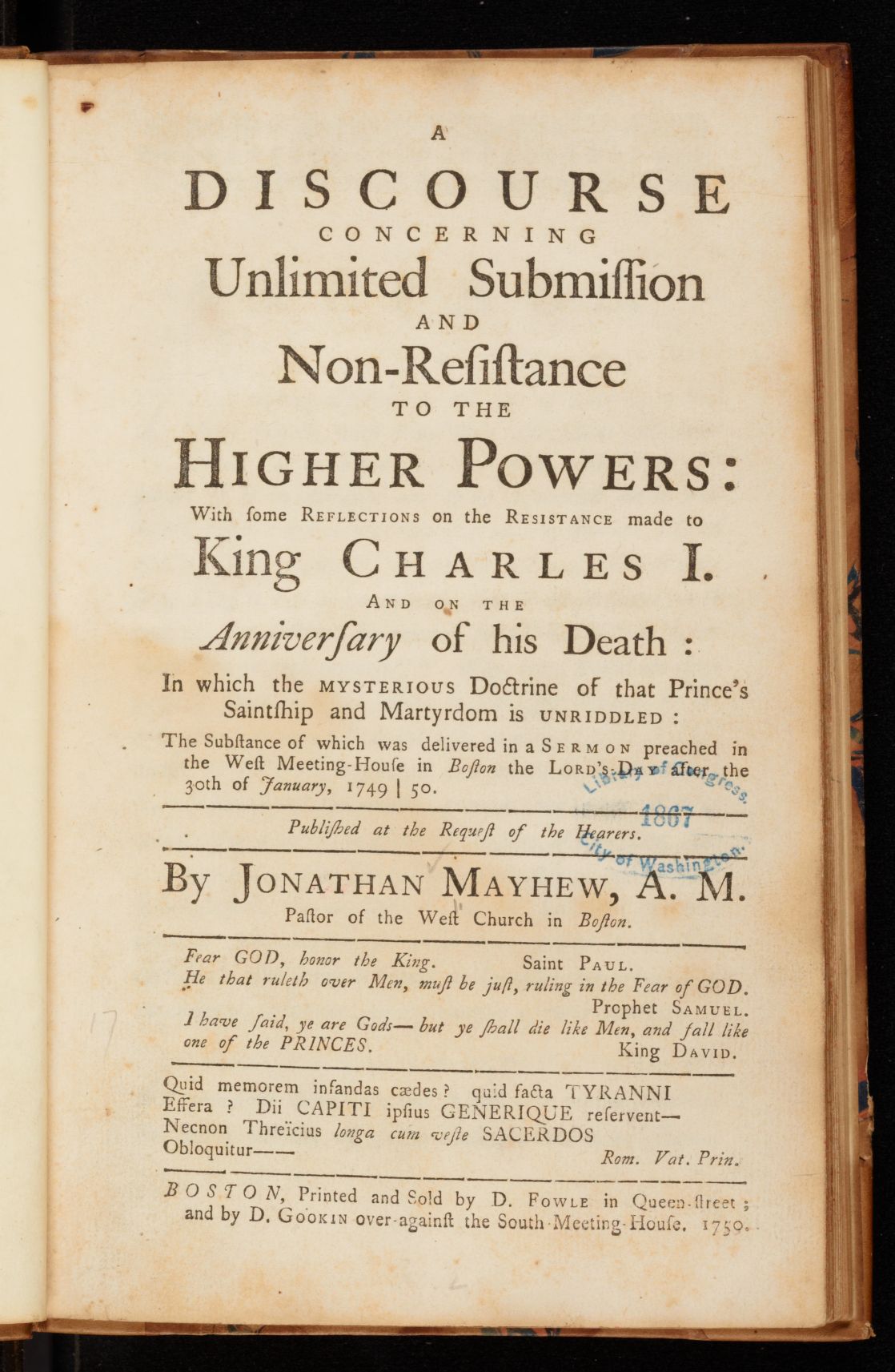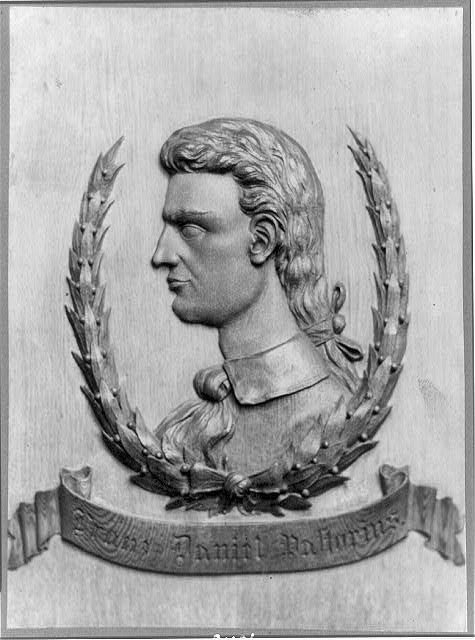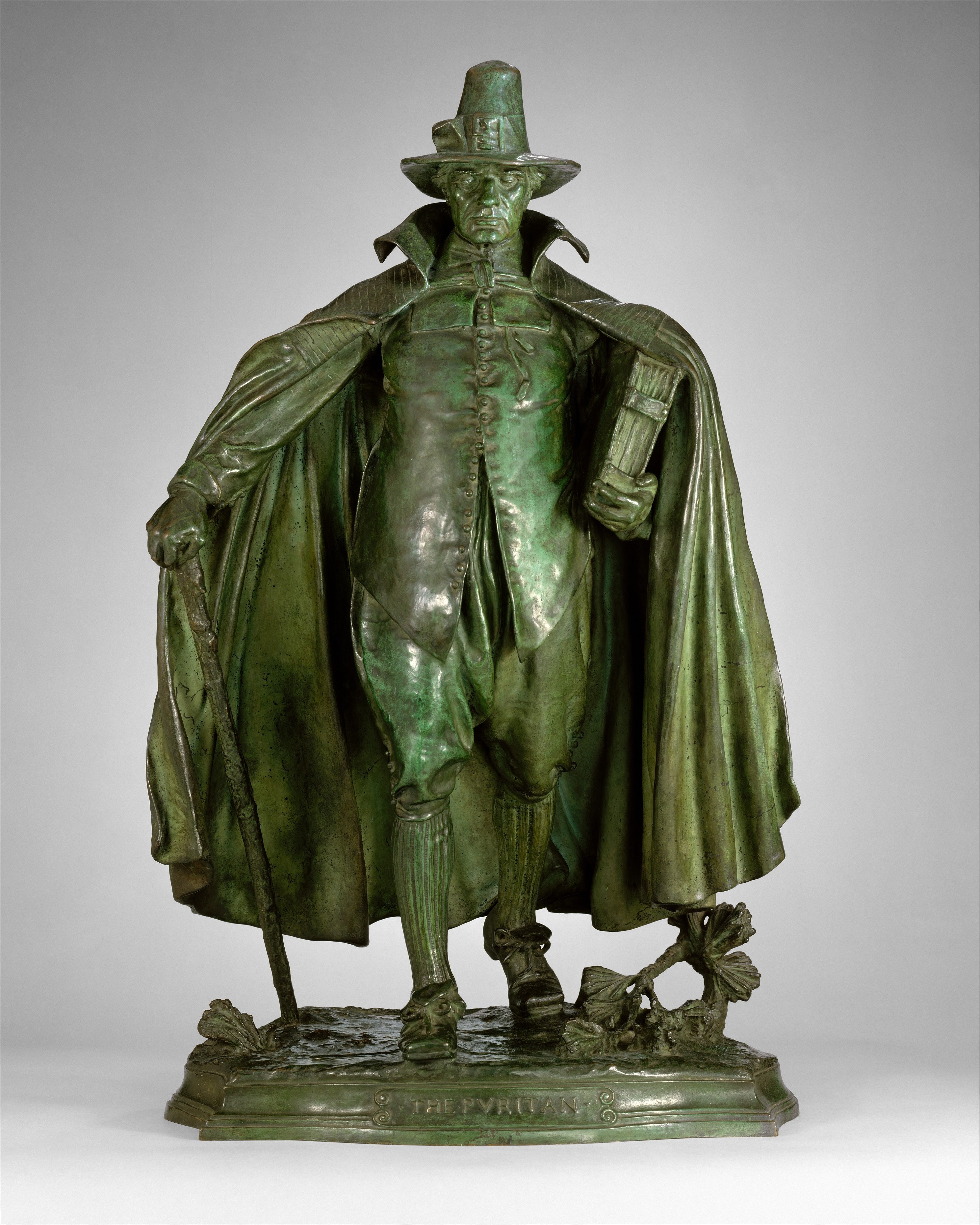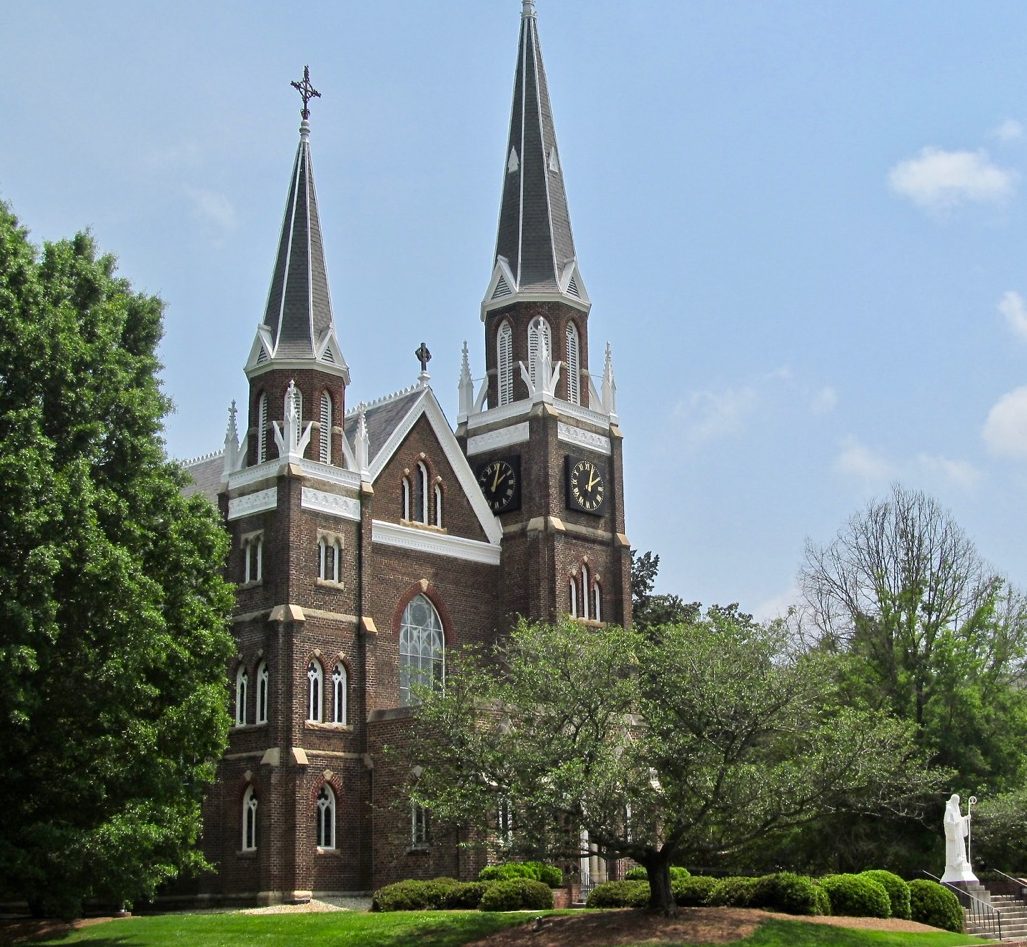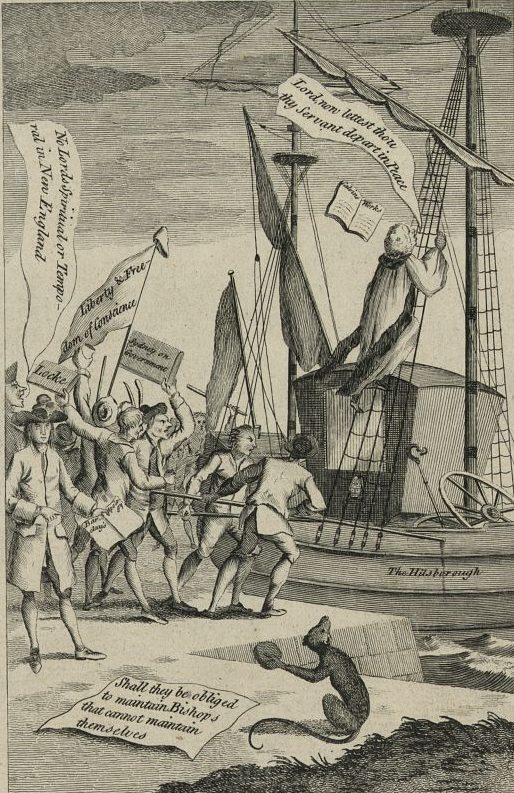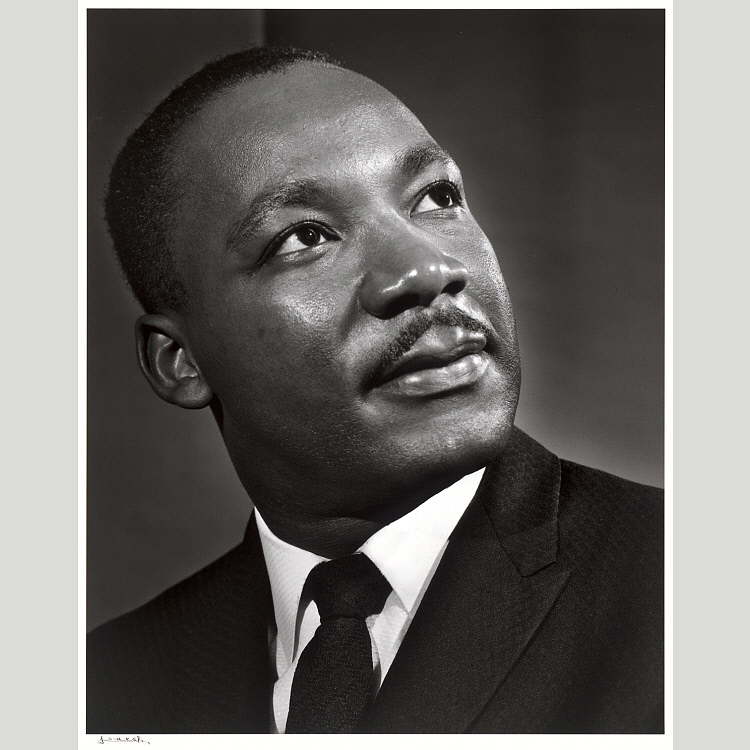Eugenics as a New Creed
G. Stanley Hall
1911
Hall’s discussion of eugenics and Christianity shows how both eugenicists and Christians saw improving the human race as something more than just a medical or scientific endeavor. At the end of his article, Hall expresses the hope that eugenics will bring on “the kingdom of some kind of superman,” a phrase suggesting perhaps that Hall saw eugenics bringing about the Biblical Kingdom of God on earth. Some ministers thought of eugenics in the same way.

G. Stanley Hall (1846-1924), long-serving President of Clark University and one of the leading psychologists of his time.
… Galton[1] and his followers would have eugenics proclaimed as the new religion of the future, the religion of this rather than of another life. The slogan of eugenics, a new religion, the religion of this world, not of another, has caught the imagination and won the applause of many who are critical if not hostile to Christianity. It does indeed suggest a creed and a cult which modern culture and especially science and most of all those who serve the great biologos or spirit of life, would place as the supreme end of man. But I ask in closing why call it a new religion? Is it not all of it simply a legitimate new interpretation of our Christianity? Is it not all latent in our Scriptures? Was anything more characteristic of the ancient Hebrews of Old Testament days than their purity and to keep the purity of their blood, than duties of parents to children and vice versa, and is there any trait more peculiar to the Jews in our day than that they excel all races save perhaps one in fecundity? The very covenant of Javeh with Abraham, the great cattle-breeding sheik who founded the Jewish nation, was that if he kept God’s law his seeds should be as the stars of heaven for multitude, as if that were indeed the chief human felicity. This means according to the newest and highest psychogenetic criticism that Jehovah’s laws are at bottom those of eugenics. The supreme criterion of virtue indeed is living in every item for the interests of posterity. The world is for the chosen, the best. It belongs to those who come after us, who will be in number like the grains of sand upon the shore. That their seed fail not is the supreme blessing. The entire Old Testament from the myth of Eden to the latest prophets needs a new eugenics exegesis, while the dominant theme of the New Testament is love, the strongest thing in the soul of man, centered upon service and welfare of the race. Love and serve God and man; that is the quintessence of our religion. We only need to turn a little larger proportion of the love and service we have directed toward God, who does not need it, to man who does, and we have eugenics, for who serves mankind so much as he who transmits the sacred torch of heredity, which is the most precious of all wealths and worths, undimmed to later generations by bringing more and better men and women into the world and rearing them to the fullest possible maturity! Every human institution, family, school, state and church are in their last analysis, graded and measured by what they contribute to this all-comprehendingness. I can merely say it in bare phrases here but think it out for yourselves, think seriously; read in this field and you will see only what has so long lay in concealed Christianity standing forth here revealed. The beatitudes are full of it. The meek inherit the earth on the simple biological law that over-individuation is at the expense of genesis and beyond a certain point inversely as it. Nothing was ever so pedagogically potent in quenching youthful passion as hell-fire when it was believed in. The better elements of the gross phallic religions that once covered the whole earth are all retained and sublimated in Christianity. Do you clergymen falter in your belief in total depravity or are you unsound on the doctrine of the unpardonable sin? If so you only need to hear as I sometimes do youth who have lost all control of their passions and feel that the possibilities of normal parenthood are forever lost to them or that they are tainted with venereal disease and that their ancestry must end with them, in order to realize that the ancient makers of this new life in all the intimacy of the confessional had at their disposal both a diagnosis and a psychotherapy that we have well nigh lost. Mr. Northcote,[2] the author of Christianity and Sex Problems, is right. Those who know not sex and eugenics know not the essence of Christianity.
Christianity has never said all that it meant. It is not yet all revealed to man. Scholarship on the one hand and religious experience on the other are constantly finding deeper, larger things in it, things not read into but evolved out of it. Since Darwin showed how much of the whole process of selection by which ever higher forms of life were unfolded was sexual and that many of the best things from flowers onward and play activities up were secondary sex qualities, and again since psychotherapy has shown the hither-to undreamed-of potency of this factor in human nature to make health and disease, sex also is becoming more and more long-circuited and spiritualized or literally transfigured with new potency until now we have in it almost a new organ of apperception for moral and religious experience, confirming much that some had begun to doubt and reviving much that we were well on toward forgetting. Love rules the court, the camp, the grove, for “love is God and God is love” might be the watchword of the new eugenic aspect of Christianity. To separate religion and sex does great wrong to both for to teach sex, at least to the young, without religion is to leave out the motivation which is most practical and effective and to conceive Christianity without sex is to lose some of its choicest and deepest insights. In fine, sex and reproduction have played a more and more important role in each of the following fields, in some of which they are already dominant; in natural history since Darwin’s sex selection; in anthropology and sociology from McLennan to Havelock Ellis; in criminology since Lombroso; in medicine since Krafft-Ebing, Tranowski and Moll and the advocates of prophylaxis; in psychology beginning with Freud and his followers; in morals since Sutherland’s biological ethics; in religion since Ferguson, Furlong, Inman, Morse and Northcote.[3] In all these fields sex is a common ground of larger and larger dimensions. It gives them more interest in each other and may be destined to bring them into a new and higher unity. The time for this scientific synthesis has not yet come and may be long delayed, inevitable though it seems sooner or later. Meanwhile eugenics draws upon all these domains and has pointed out many and will, let us hope, find out many more practical ways of improving the human stock and helping the world on towards the kingdom of some kind of superman to which the men of to-day may some day prove to be only a transition, a link which with all that absorbs us now may be lost sight of and possibly become a missing link.
Notes
[1] Francis Galton (1822–1911), an English polymath, invented the term “eugenics” to describe the effort he encouraged of improving humans through control of their breeding. Return
[2] Hugh Northcote (1868–1933), was an Anglican priest. Christianity and Sex Problems appeared in 1906 (Philadelphia: F. A. Davis and Company, 1906; 2nd edition 1916). Return
[3] John Ferguson McLennan (1827–1881), an anthropologist who wrote about marriage; Havelock Ellis (1859–1939) a physician who studied human sexuality; Cesare Lombroso (1835–1909), a physician who argued that criminal behavior was inherited; Richard von Krafft-Ebing (1840–1902), a psychiatrist who studied sexual pathologies; Benjamin Tarnowsky (1837–1906), a doctor who studied human sexuality; Albert Moll (1862–1939), a psychiatrist who studied human sexuality; Alexander Sutherland (1852–1902), author of The Origin and Growth of the Moral Instinct (1898). Return

